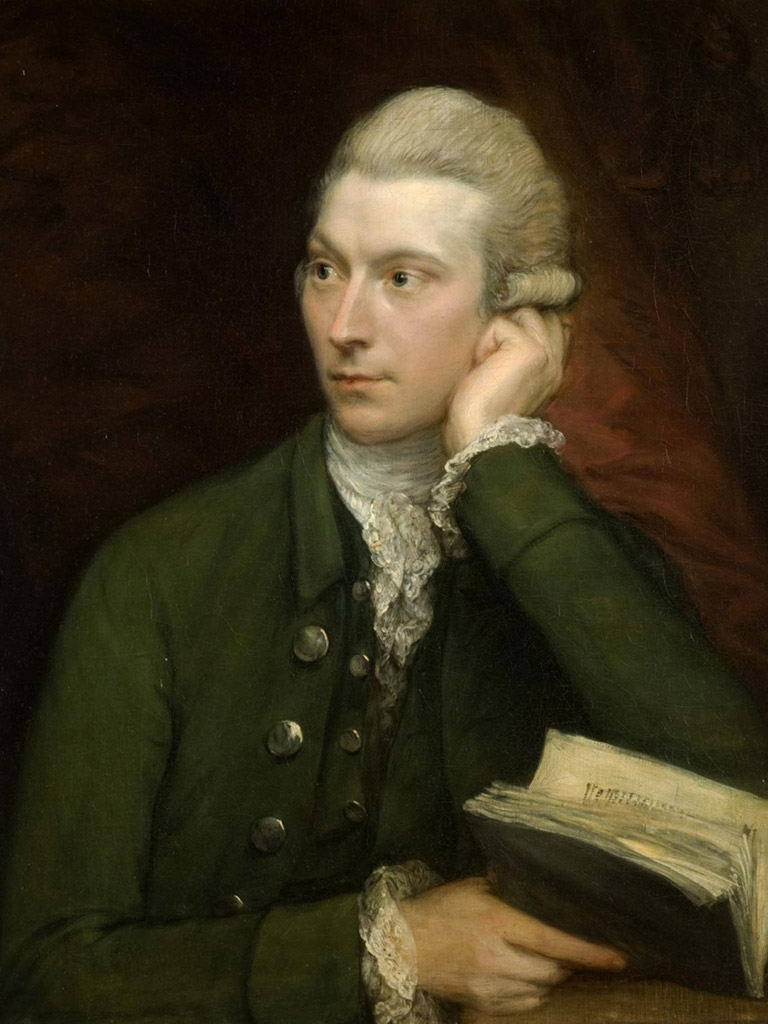Born in Bath, Palmer was the only son of a rich tradesman, who was also a partner in the Orchard Street Theatre. He finished his education at Marlborough college and, defying advice, became involved in his father’s theatre. Young Palmer succeeded in this daunting project by obtaining the first Royal Patent for any theatre outside London. Later his Bristol Theatre was also titled ‘Royal’. Until 1785 he managed the two theatres organising the speedy movement between the two venues of actors and scenery by post-chaise. This, plus living in the shadow of Ralph Allen’s successful postal reputation, is thought to have inspired his desire to speed the carriage of mail.
The First Mail coaches
In 1782 he enlisted the support of William Pitt, then Chancellor of the Exchequer who had a house in Bath. In 1784 Pitt, Palmer and the Postmaster Generals (there were still two) met and Pitt ordered the first trial mail coach run. Palmer hired a coach and organised the many changes of horses from drivers and innkeepers situated on the Bristol, Bath to London road. The trial took place on 2nd August 1784. During 1785 Palmer travelled 5,000 miles in four months and eleven mail coach routes were established, all with black and maroon livery. This was at Palmers own expense.
Extract from an article in the Bath Chronicle dated September 16th 1784: “Our Mail Diligence still continues its course with the same steadiness and punctuality; yesterday its coachman and guard made their first appearance in Royal livery, and cut a most superior figure —-and it is with much pleasure we see so great a change in the conveyance of our mails, not only in its speed and safety, but in its present respectable appearance, from an old cart and a ragged boy——-”
By 1786 Palmer was Surveyor & Comptroller General in the Post Office and was living in London. However he was not paid a salary for a full year and his financial situation was desperate. Palmer brought with him, into the Postal service, Francis Freeling of Bristol who became its most powerful and capable Secretary. It was fifteen years before the Post Office repaid Palmer for financing the mail coaches. This was a memorable era for the postal service. To travel quickly and safely by the Mail Coach was a byword. Other countries quickly followed, for example Wells Fargo of America and Cobb & Co. of Australia.
In 1792 Palmer, disillusioned by bureaucracy, retired from the Post Office and returned to Bath. Married twice, he and his first wife had nine children and in 1769 lived at Westall House, Weston. Palmer twice served as Mayor of Bath in 1796 and 1809. He was an M.P. for Bath between 1801-1807. He was made a Freeman of 18 Cities. Glasgow minted a silver Cup in gratitude to him and Bath minted four half penny tokens, in his honour.

